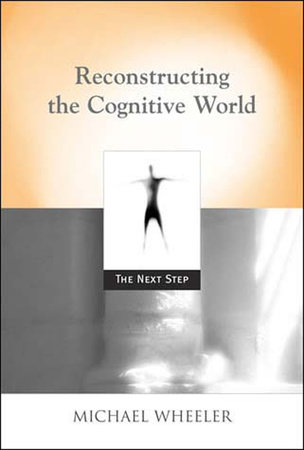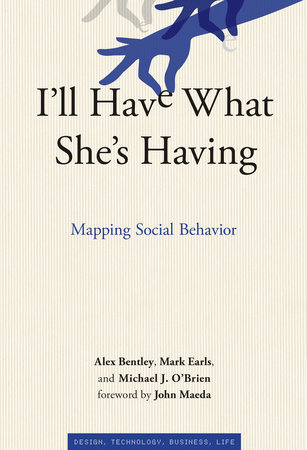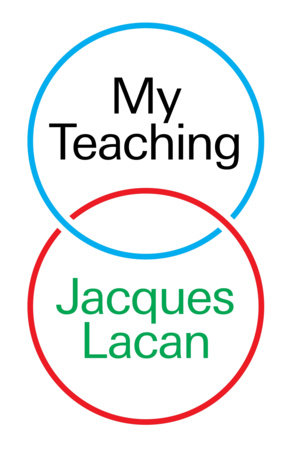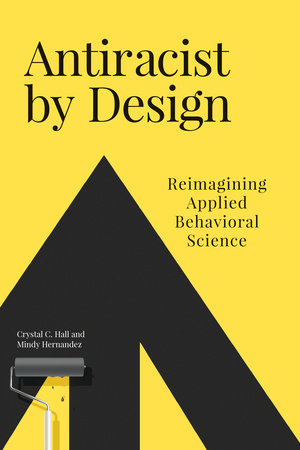

Add to Bookshelf
Reconstructing the Cognitive World
By Michael Wheeler
By Michael Wheeler
Best Seller
Category: Psychology | Philosophy

Paperback
$50.00
Jan 26, 2007 | ISBN 9780262731829
-
$50.00
Jan 26, 2007 | ISBN 9780262731829
Buy the Paperback:
YOU MAY ALSO LIKE

Princeton Review AP Psychology Premium Prep, 22nd Edition
Trade Paperback Original
$27.99

GRACE: A Model for Grieving Workbook
Trade Paperback Original
$21.00

I’ll Have What She’s Having
Trade Paperback
$30.00

Outshining Trauma
Trade Paperback Original
$21.95

The Unshaming Way
Trade Paperback Original
$19.95

My Teaching
Trade Paperback Original
$19.95

We Who Wrestle with God
Hardcover
$35.00

Who Gets Believed?
Trade Paperback
$17.95

Antiracist by Design
Trade Paperback Original
$30.00
×
Become a Member
Just for joining you’ll get personalized recommendations on your dashboard daily and features only for members.
Find Out More Join Now Sign In









